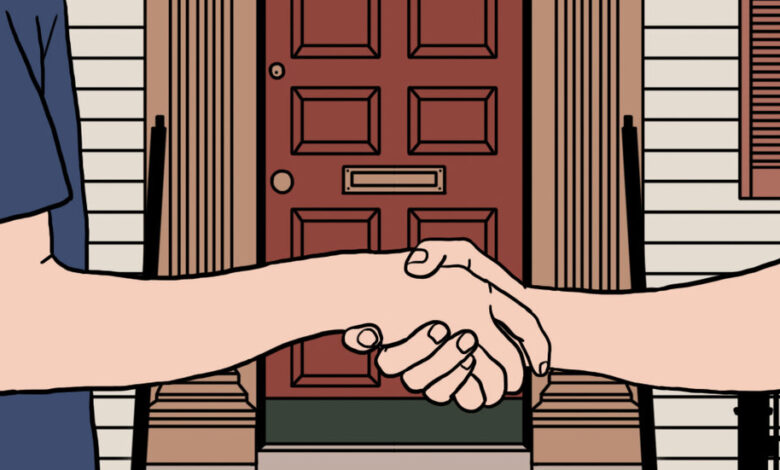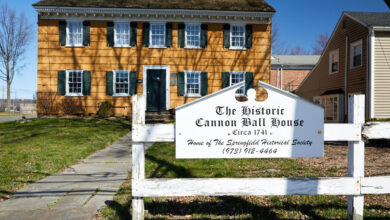How Can My Brother Buy My Share of Our Parents’ Home?

[ad_1]
Q: My parents added me and my brother to the deed of their house in New York City over 30 years ago, and now our parents are both deceased. My brother lives in the house and I live in my own home. We agreed that he would buy out my share of the house for a sum of about 30 percent of the house’s current value. We settled on that sum because he can pay that to me now in cash and then I will transfer the deed to him. What is the simplest and cheapest way for us to complete this transaction legally? How much will I have to pay in taxes?
A: Before your brother can buy you out for 30 percent of the home’s value, you need to establish what 100 percent of the value is. Home appraisals are not an exact science, and in this case, your brother benefits if the home is valued lower, while you benefit if the home is valued higher. The simplest method to determine the exact amount you’ll receive is for both parties to hire an independent real estate appraiser, then split the difference.
“If your appraiser came in at one point and his came in at another point, you meet in the middle,” said Daniel Timins, an estate lawyer and financial planner with a practice in Manhattan.
Once you’ve agreed on the value of the home and calculated 30 percent for your share, a document stating that you are forfeiting your share of the property for the established dollar amount should be drawn up, signed and notarized.
“Obviously these things are best done by an attorney,” Mr. Timins said. But, he added, if you’re looking for the simplest and least expensive method, “you should be more than covered as long as you have both parties’ signatures and you have it notarized.”
The transfer taxes you’ll owe also depend on the home’s value. In New York City, sellers are required to pay a transfer tax of 1 percent if the consideration — that’s the amount your brother pays you — is less than $500,000. If it’s more than $500,000, the tax is bumped to 1.425 percent.
You’ll also have to pay state taxes, which amount to 0.4 percent of a consideration under $3 million, and 0.65 percent of a consideration over $3 million. (If it’s over $1 million, your brother, as the buyer, would also be subject to a 1 percent mansion tax.)
Something else to consider: Your agreement to accept less than your rightful 50 percent share of the deed means you could also owe a gift tax, which ranges from 18 percent to 40 percent, depending on the size of the gift. A lawyer could advise you on ways to minimize that payment.
For weekly email updates on residential real estate news, sign up here.
[ad_2]
Source link






